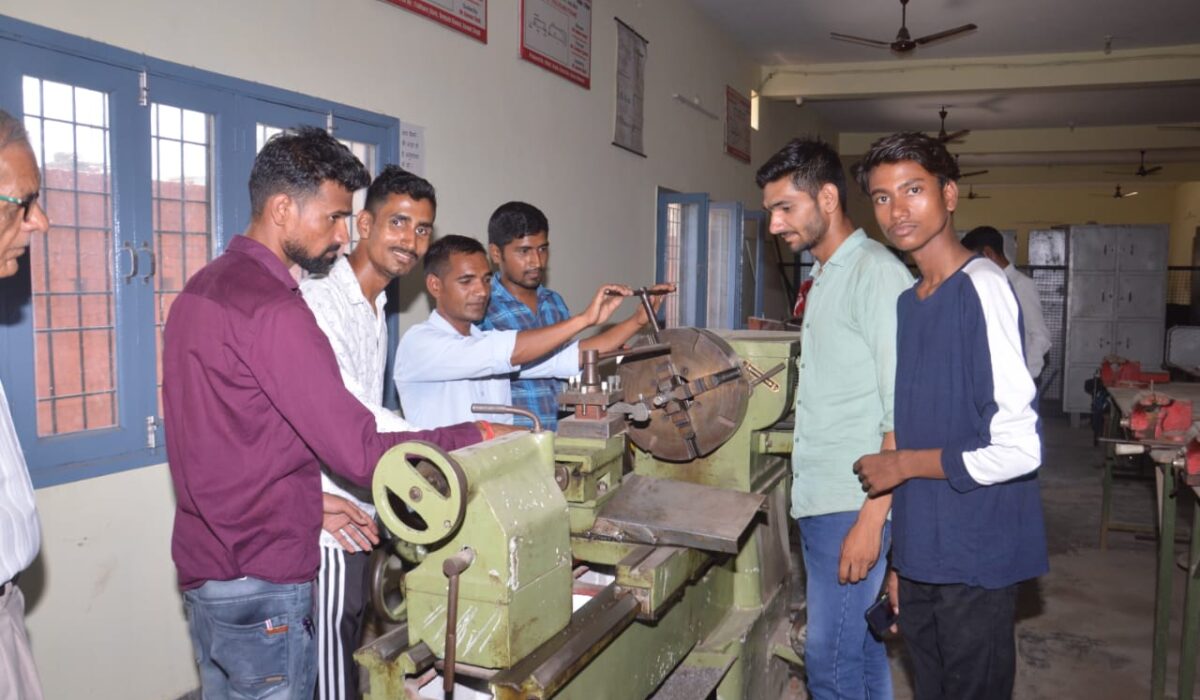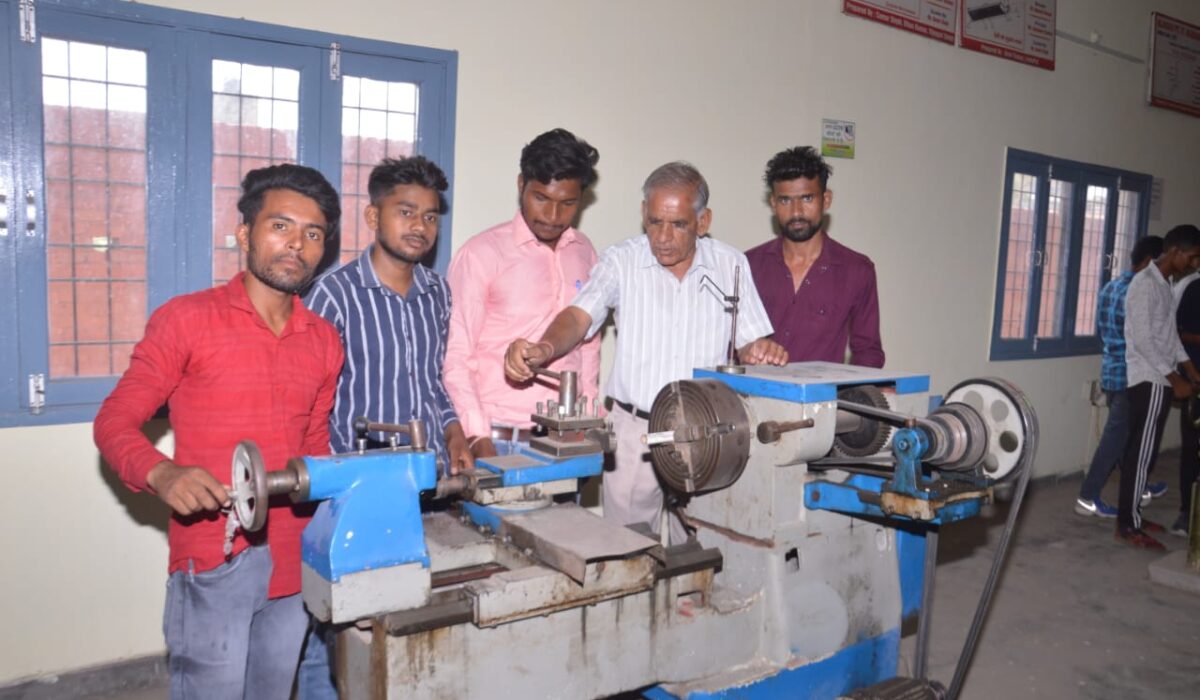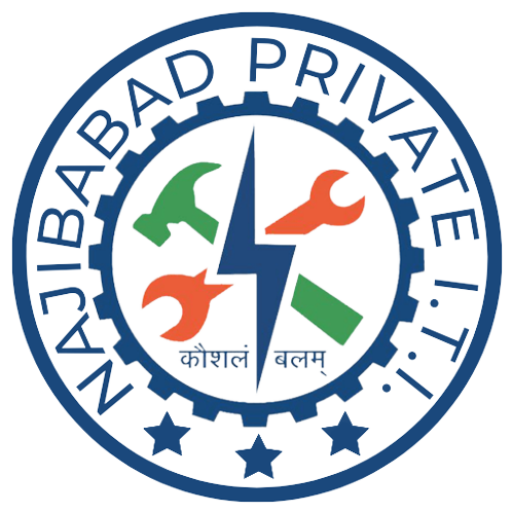Enhancing The Possibilities
Fitter Trade


The fitter trade is a skilled profession that involves the installation, maintenance, and repair of mechanical systems and equipment. Fitters work with various materials, such as metal, plastic, and fiberglass, to assemble and fit components together to create functional structures or machines.
The fitter trade is a versatile and vital profession, as fitters play a crucial role in ensuring the proper functioning of machinery and equipment in various industries. It offers a pathway to a stable and well-compensated career for individuals with a strong aptitude for mechanical work and problem-solving.
Here are some key aspects of the fitter trade:
Duties and Responsibilities: Fitters perform a range of tasks, including:
- Reading and interpreting engineering drawings, blueprints, and specifications.
- Cutting, shaping, and fabricating metal and other materials using hand and power tools.
- Assembling and fitting components such as pipes, valves, bearings, gears, and mechanical systems.
- Installing and aligning machinery and equipment.
- Performing maintenance and repairs on mechanical systems.
- Conducting quality checks and inspections to ensure proper functioning.
Specializations: Fitters can specialize in different areas within the trade, including:
- Pipefitters: They focus on installing, maintaining, and repairing piping systems for various applications, such as plumbing, heating, and industrial processes.
- Structural Steel Fitters: They specialize in assembling and fitting structural steel components, such as beams, columns, and trusses, for building construction and infrastructure projects.
- Machinery Fitters: They work on installing, maintaining, and repairing machinery and mechanical equipment, ensuring proper alignment and functionality.
Education and Training: Becoming a fitter typically requires a combination of formal education and on-the-job training. Many fitters complete a vocational training program or an apprenticeship, where they gain hands-on experience and learn the necessary skills. These programs often cover topics such as blueprint reading, welding, machining, fabrication, and equipment installation.
Skills and Qualities: Fitters need to possess various skills and qualities, including:
- Mechanical aptitude and problem-solving skills.
- Proficiency in using hand and power tools.
- Ability to read and interpret technical drawings and specifications.
- Attention to detail and precision in fitting and assembly.
- Knowledge of safety procedures and adherence to safety regulations.
Industries and Work Environment: Fitters find employment opportunities in industries such as construction, manufacturing, shipbuilding, oil and gas, automotive, and more. They work in diverse environments, including workshops, construction sites, factories, and maintenance facilities.
Career Paths and Opportunities: Fitter Trade can pursue various career paths, including working in fabrication shops, construction sites, manufacturing plants, shipbuilding yards, and maintenance facilities. With experience and additional certifications, Fitters can advance to supervisory roles or specialize in all Govt. workshop like DRDO, Railway, ISRO, BHEL,GAIL, HEL, HAL, BEL, Ordinance Factory etc and other multi national companies like Maruti Suzuki, Ashoke Layland, HERO, TATA, Sugar Mills, Paper Mills etc.
